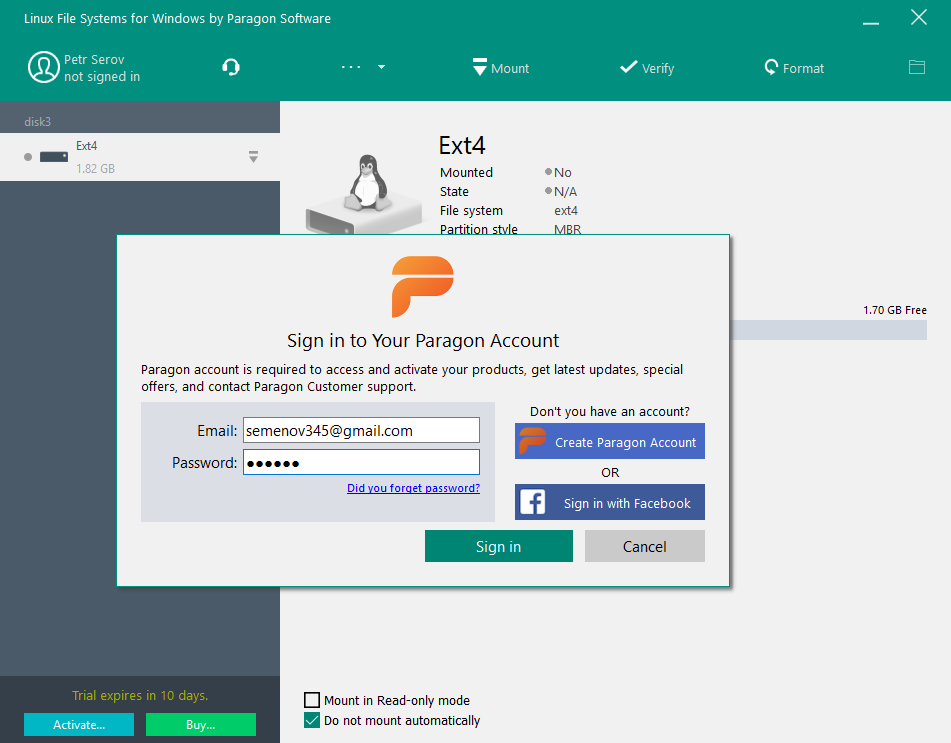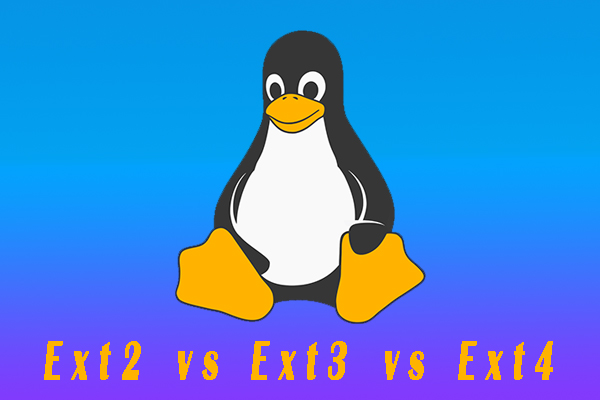
Storage devices must be partitioned and formatted before the first use. Space management, metadata, data encryption, file access control, and data integrity are the responsibilities of the file system too.

However, a file system changes everything:Ī file system isn't just a bookkeeping feature, though. Imagine a room with piles of papers scattered all over the place.Ī storage device without a file system would be in the same situation - and it would be a useless electronic device. The term file system takes its name from the old paper-based data management systems, where we kept documents as files and put them into directories. Well, without a file system, the storage device would contain a big chunk of data stored back to back, and the operating system wouldn't be able to tell them apart. Why do we need a file system in the first place, you may ask? However, these concepts remain relevant to other environments and file systems. To keep this guide manageable, I'll concentrate on Unix-like environments when explaining the lower-level concepts or console commands. This guide helps you understand file systems in many contexts. When people talk about file systems, they might refer to different aspects of a file system depending on the context - that's where things start to seem knotty.Īnd you might end up asking yourself, WHAT IS A FILE SYSTEM ANYWAY? 🤯 If the requested resource is a file, it's fetched from a file system.
MAC OS EXT4 DRIVER DOWNLOAD
Whenever you download a file or access a web page over the Internet, a file system is involved too.įor instance, if you access a page on freeCodeCamp, your browser sends an HTTP request to freeCodeCamp's server to fetch the page.


Or when you copy, edit, or delete a file, the file system handles it under the hood. :) What is a file system?Ī file system defines how files are named, stored, and retrieved from a storage device.Įvery time you open a file on your computer or smart device, your operating system uses its file system internally to load it from the storage device. But I'll sneak into the lower-level concepts as well, as long as it doesn't get boring. This post is meant to be a high-level overview of file systems. That's why I decided to write an article about it. It's a bit tricky to explain what exactly a file system is in just one sentence.


 0 kommentar(er)
0 kommentar(er)
